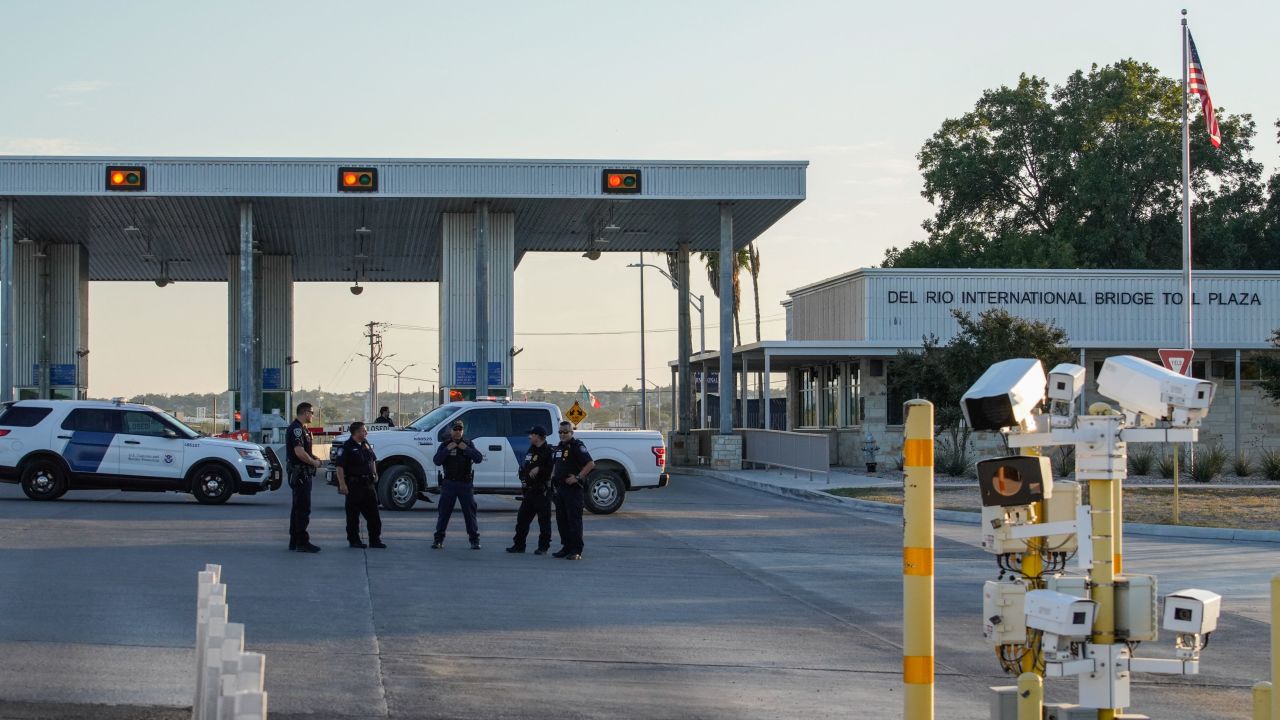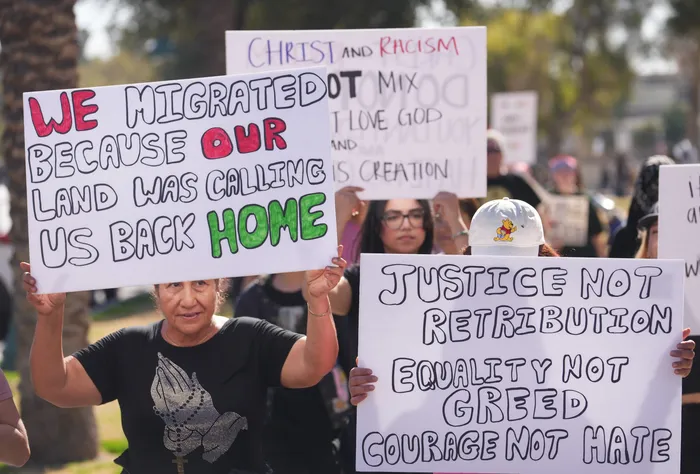Legal Green Card Holder Faces Discrimination
In a shocking incident that underscores the hostile climate for immigrants in the United States, Chris Landry, a 46-year-old Green Card holder from New Hampshire, was denied re-entry into the U.S. after a trip to Canada. Landry, a self-identified Trump supporter, has lived legally in the U.S. for over a decade. This case raises urgent questions about the implications of current immigration policies and their impact on lawful residents.
Travel Rights for Permanent Residents Under Fire
According to U.S. Citizenship and Immigration Services, lawful permanent residents are generally allowed to travel abroad and re-enter the country without jeopardizing their status. Temporary travel is typically not a barrier to re-entry, yet the reality for many immigrants is increasingly fraught with uncertainty.
This incident highlights a growing trend where immigration enforcement practices create a climate of fear among even those who legally reside in the United States. The denial of re-entry raises significant concerns about how immigration policy is being enforced, particularly for individuals who openly support the very administration that is now denying them basic rights.

CBP officers announce the largest ever meth seizure at Del Rio Port of ...
Trump"s Policies Fuel Divisive Sentiment
Landry"s case is emblematic of how Trump"s tough-on-immigration policies affect not only undocumented immigrants but also those who have followed the legal pathways to residency. As reported by the U.S. Customs and Border Protection, Green Card holders must present valid documentation upon re-entry. Despite Landry"s legal residency, the enforcement of these policies seems to reflect a broader trend of suspicion and hostility towards immigrants.
Changing Public Opinion on Immigration
Interestingly, recent polling indicates a shift in public sentiment regarding immigration. A Gallup poll shows an increase in Americans viewing immigration positively since Trump"s presidency. This could signal a backlash against the hardline immigration policies that have characterized the past several years.
As reported by The New York Times, a record high of Americans believe immigration benefits the nation. Yet, incidents like Landry"s remind us that policy does not always reflect public sentiment. The dissonance between public opinion and the punitive actions of the immigration system calls for urgent advocacy and reform.

Anti-Trump protestors rally against Project 2025
Consequences for Immigrant Communities
The implications of this incident extend far beyond Landry"s case. It serves as a warning to many immigrants who might fear that their legal status is precarious. The intersection of immigration enforcement and public sentiment creates a toxic environment where individuals can be easily targeted, regardless of their legal standing.
This is especially concerning in the context of broader social justice movements advocating for the rights of marginalized communities. The denial of re-entry for a legal resident reflects systemic injustices that disproportionately affect immigrant populations, particularly those who do not fit the mold of the “ideal” immigrant as defined by current political narratives.
Activists argue that this incident should galvanize supporters of immigration reform to push back against policies that undermine the rights of lawful residents. The combination of fear and uncertainty can have devastating effects on immigrant communities, impacting their ability to thrive and contribute to society.
Call for Accountability and Reform
As the U.S. grapples with its immigration policies, Landry"s story should serve as a rallying cry for accountability. Those in power must recognize the human cost of their policies. The legal protections afforded to Green Card holders must be upheld, and the recent denial of re-entry must not be seen as an isolated incident but part of a larger, troubling trend.
In light of changing public opinions and the growing recognition of the importance of immigrant contributions to society, reform is not just necessary; it is demanded. Advocacy for comprehensive immigration reform is essential to ensure that cases like Landry"s do not become the norm, but rather a catalyst for change.

![[Video] Federal officers deploy sting balls and flash grenades at Whipple Building](/_next/image?url=%2Fapi%2Fimage%2Fthumbnails%2Fthumbnail-1768340555229-vhfcc-thumbnail.jpg&w=3840&q=75)
![[Video] Crowd-control weapons used in Minneapolis as anti-ICE protesters attack police vehicle](/_next/image?url=%2Fapi%2Fimage%2Fthumbnails%2Fthumbnail-1768336302231-akxf7s-thumbnail.jpg&w=3840&q=75)

![[Video] Protests erupt in Minneapolis after ICE detains teenager, multiple arrests made](/_next/image?url=%2Fapi%2Fimage%2Fthumbnails%2Fthumbnail-1768331835371-z9ylqg-thumbnail.jpg&w=3840&q=75)


![[Video] Gunfire between Iraqi security forces and Sadr militias in Baghdad](/_next/image?url=%2Fapi%2Fimage%2Fthumbnails%2Fthumbnail-1768343508874-4redb-thumbnail.jpg&w=3840&q=75)
